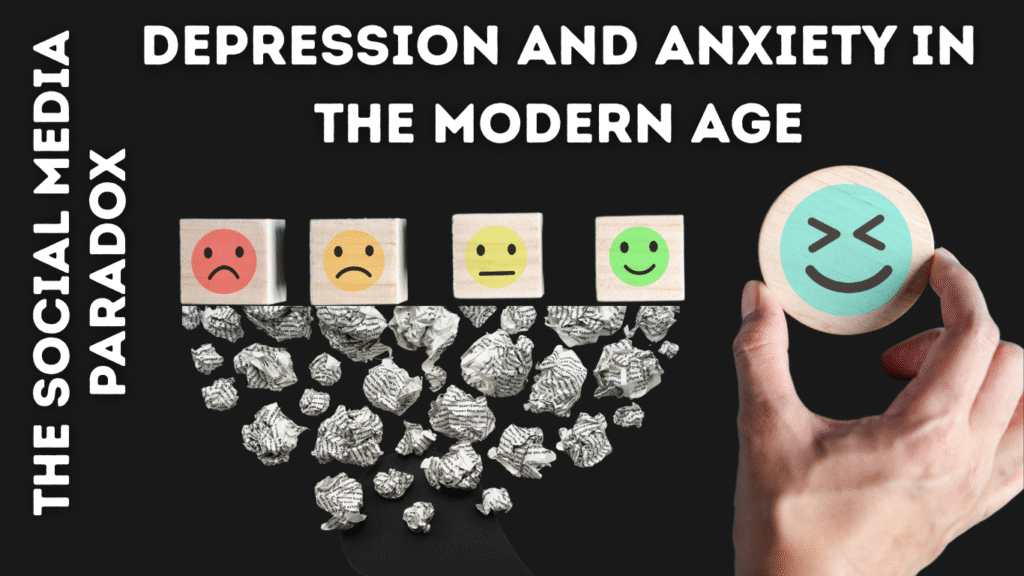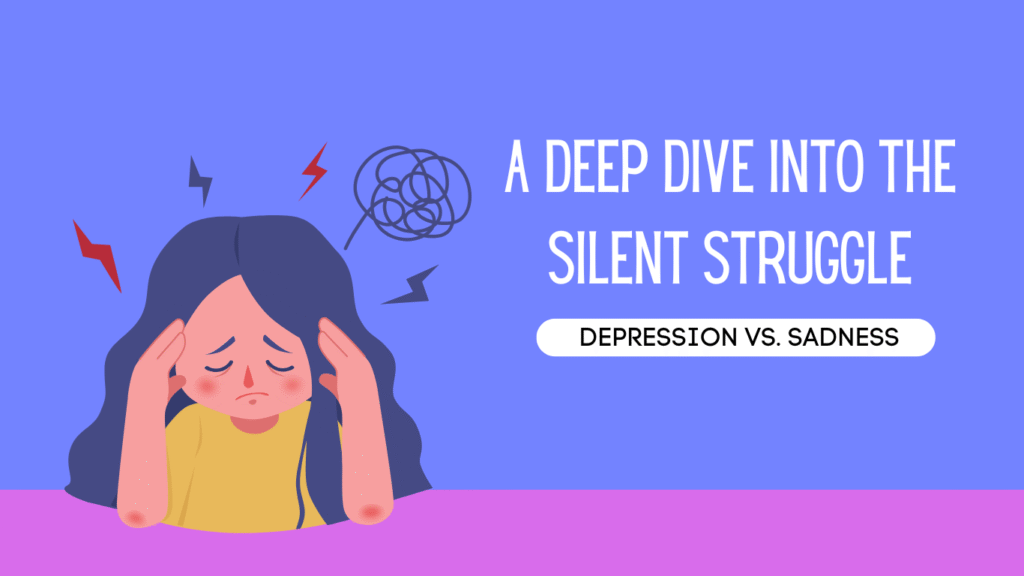Introduction
Have you ever felt irritable or foggy after a junk food binge? You’re not alone. More and more research is proving something many of us have suspected all along — what we eat plays a huge role in how we feel mentally. There’s a growing body of evidence showing a strong link between nutrition and mental health, and it’s time we start treating food as medicine for both the mind and body.
Understanding the Mind-Body Connection
The mind and body are deeply connected. When your physical health suffers, your mental health often follows — and vice versa. Think of your brain as a powerful engine. It needs quality fuel to run efficiently. That “fuel” is the food you eat every day.
How Does Nutrition Affect Mental Health?
You might be wondering, how does nutrition affect mental health exactly? Well, your brain relies on a steady supply of nutrients like omega-3s, B vitamins, and amino acids to function properly. When those nutrients are lacking, the brain can become sluggish, moody, and prone to stress, anxiety, or depression.
How Food Affects Your Mood
Your diet doesn’t just impact your waistline — it also influences your emotional state. Ever heard of “hangry”? That’s a perfect example. Blood sugar drops, and suddenly you’re snapping at people for no reason. Certain foods, like leafy greens and fatty fish, boost mood, while processed foods can worsen it. How food affects your mood is more complex than it seems — it’s a chemical process that shapes your mental clarity and emotional resilience.
How Diet and Nutrition Affect Mental Health
Let’s break it down. How diet and nutrition affect mental health depends on consistency and quality. A nutrient-rich diet supports neurotransmitter production — think serotonin, dopamine, and GABA — which directly impacts your mood and mental balance. Poor diets filled with sugar and saturated fats, on the other hand, are linked to higher rates of depression and anxiety.
Food and Brain Health: The Science
Food and brain health go hand-in-hand. Studies show that diets high in refined carbs can cause inflammation and oxidative stress in the brain — both linked to mental illness. On the flip side, a Mediterranean-style diet rich in fruits, vegetables, whole grains, nuts, and fish is known to reduce the risk of depression by 30% or more.
Is There a Link Between Nutrition and Mental Health?
Absolutely. To answer simply: yes, there is a link between nutrition and mental health. Poor nutrition increases your vulnerability to mood disorders, while good nutrition builds resilience and emotional stability. This isn’t just theory — it’s backed by countless nutrition articles and clinical research.
What Is the Relationship Between Nutrition and Mental Health?
The relationship between nutrition and mental health is symbiotic. A well-fed brain operates smoothly, while a poorly nourished one struggles. This relationship is especially crucial during developmental stages — children and teens need strong nutrition foundations to support emotional growth and brain development.
How Do Food and Nutrition Promote Physical and Mental Health?
Healthy food fuels your body and stabilizes your mind. How do food and nutrition promote physical and mental health? Through vitamins that strengthen the immune system, minerals that regulate mood, and antioxidants that fight brain aging. It’s an all-around win when you eat mindfully and wholesomely.
Does Nutrition and Exercise Really Help Mental Health?
Here’s the good news: yes, nutrition and exercise really help mental health. Exercise releases endorphins, the feel-good hormones. Combine that with a balanced diet, and you’ve got a powerful natural antidepressant. Regular movement and mindful eating have been proven to lower symptoms of anxiety and depression.
The Role of Gut Health in Emotional Wellbeing
Your gut is often called your “second brain” — and for good reason. The gut-brain axis connects the two, meaning your digestive system can impact how you feel mentally. A poor diet disrupts gut bacteria, leading to inflammation and emotional instability. Probiotics and fiber-rich foods help improve mood through gut health.
Essential Nutrients for Mental Wellness
Here are some key nutrients your brain craves:
Omega-3 Fatty Acids (salmon, walnuts): reduce depression
Vitamin D (sunlight, mushrooms): supports emotional regulation
B Vitamins (whole grains, eggs): boost energy and focus
Magnesium (spinach, almonds): calms the nervous system
Zinc (pumpkin seeds, beef): improves mood stability
The Impact of Sugar and Processed Foods
Sugar and processed snacks may feel comforting at first, but they’re your mood’s worst enemy. They cause blood sugar spikes, inflammation, and energy crashes. Over time, high consumption of these foods is linked to depression, brain fog, and irritability.
Examples of Mental Health Diets
Several dietary patterns are known to support mental health:
Mediterranean Diet: High in healthy fats, whole grains, and lean proteins
DASH Diet: Focuses on reducing sodium and boosting nutrients
Anti-Inflammatory Diet: Emphasizes foods that fight inflammation (berries, leafy greens, turmeric)
Plant-Based Diet: Rich in fiber, antioxidants, and mood-boosting vitamins
Practical Tips for Eating for Mental Health
Want to eat for a better mood? Try these tips:
Eat whole, unprocessed foods
Include protein with every meal
Stay hydrated
Limit caffeine and alcohol
Add fermented foods like yogurt or kimchi
Don’t skip meals — especially breakfast
Eat the rainbow — more colors, more nutrients!
Conclusion
If you’ve been asking, how does nutrition affect mental health, now you know — food is fuel not just for your body, but for your brain and soul too. What you eat impacts how you think, feel, and even how you handle stress. Small changes in your diet can make a big difference in your emotional well-being. So next time you’re grocery shopping, think of your brain as well as your belly.
FAQs
1. Can changing my diet really improve my mental health?
Yes, studies show that diet changes can reduce depression and anxiety symptoms within weeks.
2. What foods are best for brain health?
Fatty fish, leafy greens, berries, nuts, whole grains, and fermented foods are all excellent.
3. Are there any foods that harm mental health?
Yes, excessive sugar, trans fats, processed snacks, and alcohol can negatively impact mood and brain function.
4. How quickly can diet changes affect mood?
Some people notice improvements in mood and focus within a few days to a few weeks of eating better.
5. Is professional help still needed if I eat well?
Healthy eating helps, but it’s not a substitute for therapy or medical treatment when needed.


